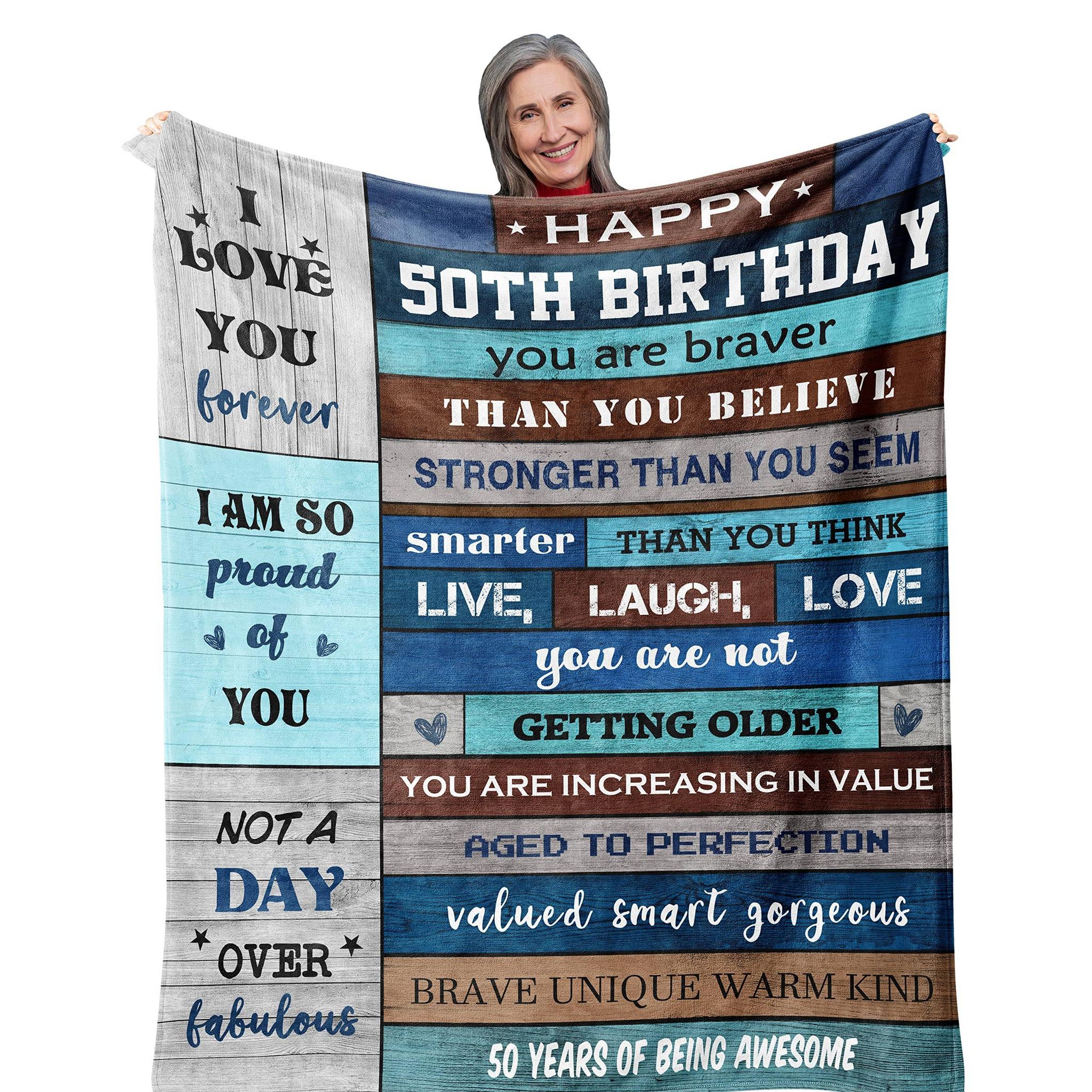
Random acts of kindness can be a way to make a positive difference in the lives and hearts of others. Even the smallest acts of kindness can make a huge difference in someone's life. A great way to increase your personal well being is to practice kind actions.
Random acts are selfless acts that are performed without any expectation of reward. They can be as simple as helping someone cross the street, carrying a heavy backpack, or giving up your seat in public transportation. They can be done alone or with others. These acts are a way to create connections and positive influences in the world.
Leave a kind message or comment to show your kindness. You could leave a simple thank you or a compliment. You can do this any time of the day.
Another example is making a meal for a family that is having trouble with their meals. You can do this at your home or at the local food pantry. There are many things that you can do to help others in your community.

Another way to make an impact is to give away money or small items. Donate socks to a homeless individual, leave quarters in an expired parkingmeter, or offer a sandwich at your local drive-thru.
Being kind can be a rewarding and fun way to spread positivity around the world. Many websites offer ideas for random acts or kindness that you could perform. It's a great way to show kids how to do these kinds of gestures.
To begin doing acts of kindness you must set a goal. A goal can be anything you want to accomplish, such as spreading kindness to your community, or writing a nice note to a friend or family member. It is important to set a goal and follow through.
Since 1995, the Random Acts of Kindness Foundation has provided resources and materials that encourage, educate, and inspire people to spread kindness. They offer a blog, a newsletter and a website that includes lesson plans and activity suggestions. Also, they offer free e-cards, resources for faith-based groups, and lesson plans for K-8 classrooms.
Another way to show your generosity is to donate items to your local animal shelter. Animal shelters depend on donations to keep them open. You can buy food or supplies for your local food bank, and you can leave pet food in their refrigerators for other animals.

You can also do other kinds of acts of kindness. You could write thank you notes to people in your local community for their kindness. You can also buy flowers for hospitals.
Performing acts of kindness is a wonderful way to make a difference in your community, and it is a wonderful way to improve your own life. You can make someone's day brighter by just doing a small thing and build a friendship with them.
FAQ
What are the benefits of having a shopping list?
A shopping list serves one purpose: to remind you of what you need for grocery shopping. It saves you the time of searching through the store for forgotten items. It makes it much easier to find the item you need if you don't know which aisle it is.
You will also save money by having a shopping list. If you know that you have to buy milk, bread, eggs and butter, you can quickly pick up all the items you need while shopping at the supermarket.
Do I really have to register my credit card number online for shopping?
It is not necessary to register your credit card. Registering your credit card is optional if you want to be eligible for special offers or discounts. It's a good idea that you verify your identity to your bank.
Do you believe it is important to use coupons at grocery shops?
Yes, using coupons is definitely worthwhile as they can help you save money. It is important to realize that not every discount will be available. The best thing you can do is to try to match coupons with sale prices.
To maximize savings, you can stack coupons together. You could, for example, combine two $2/1 coupons to make one $4/3 coupon.
Is it possible to use gift certificates for online shopping?
Many online shops accept gift cards. These cards can be used for online purchases.
These points cannot be used to redeem rewards points.
Are there any other things I should know when buying clothes online?
There are many things you should know before buying clothes online. First, be sure to measure yourself. Although it may seem obvious, most companies won't give this information. You might have to guess.
Consider shipping costs. Shipping costs vary depending on what item you have ordered. Be sure to track where your package is headed. Some items ship direct from the manufacturer. Other items go through a third party warehouse. This can impact delivery times.
Read carefully reviews. There are many poor experiences. Don't let someone else's experience influence yours.
How to avoid being cheated when using your credit card online
If you use credit cards online, make sure you check your statements carefully before making purchases. Pay only what you owe on your bills. Regularly check your bank statement to find out if anything is suspicious. Call your card issuer immediately if you see any unusual charges. They will often cancel the transaction, and then refund any money that was taken from your account.
If you think you've been scammed, contact your local police department. You can also report to the Federal Trade Commission.
Statistics
- The tax is automatically added once you click the checkout button, so factor in an additional 20% when looking at the product page. (makeuseof.com)
- According to the Federal Trade Commission (FTC), online shopping was the fourth most common fraud category for consumers as of February 2022.5 (thebalance.com)
- An approximately 90% increase in price affords Hotel X the opportunity of extreme profits under severe circumstances. (dos.ny.gov)
- All items on AliExpress have an estimated delivery time on the product page, and it's usually anywhere from 20 to 60 days. (makeuseof.com)
External Links
How To
How to shop online safely
Online shopping is one way to get goods and services at a very convenient price. But, convenience comes with a cost. While online shopping offers many advantages, there are also some risks. Identity theft is the biggest threat. Identity thieves use your personal data (name, address, credit card number) to steal money from you or take out fraudulent loans against your name. The thieves then sell the stolen information on black markets. These are some tips that will help you stay safe when doing business online.
-
Use secure websites. SSL encryption is offered free of charge by many online stores to protect customers’ information. Any information entered on the site, including names and addresses, phone numbers, credit card details, and so forth, is encrypted. This prevents others from seeing what you have entered. When choosing which online store to do business with, ensure they have a valid certificate issued by a recognized CA. When browsing, look for the padlock icon in the URL bar.
-
Never give your password away. When you first sign up for a new account, you usually receive an email asking you to confirm your email address and/or username. You must keep these credentials confidential and not share them with anyone. Keep them safe! If someone takes your wallet, they may also have access to your accounts. Instead, save them on your personal computer. It is also recommended that you change your passwords at least once every three months.
-
Keep track of your orders. Sending items to yourself and others is a good idea. Keep track of the addresses you send them. Many people fall prey to fraud by believing that they sent something to themselves but it was actually sent to someone else. Before you pay shipping fees, ensure that the tracking number is checked. Always get proof of delivery before you ship anything. If you aren't satisfied with the service rendered, please contact the company right away.
-
Know who you're dealing with. Many websites will require sensitive information from you, such as your name, date of death, Social Insurance Number, and bank routing numbers. These details help them identify you, so be careful about giving them out. If you're unsure whether a website needs this information, just Google "what does need?" You'll find many solutions.
-
Pop-up windows are a danger. Pop-ups abound on many websites offering special offers, deals and other products. While some advertisements might appear legit, others will trick you into sharing private information. Fake antivirus programs might ask for your bank information, credit card number, and social insurance number. To avoid being tricked, never click on links that appear suspicious.
-
Beware of phishing scams. Phishing scams include hackers pretending to work for reputable organizations in order to get financial information from consumers. Phishers will often send emails that appear to come from banks and retailers encouraging customers to log into their accounts and update any information. The hacker can access your finances once you have given your personal information. Hackers have the ability to empty your bank accounts or transfer money between accounts. Many resources are available on spotting a phishing scam, including How to Spot a Fake Email Scam.
-
Do your homework. Read the fine print before signing up to any deal. Clear and simple terms and conditions must be included in any contract that you sign. It is important to carefully read the terms and conditions. Saving money is as simple as avoiding hidden fees and charges.
-
Always shop around. You shouldn't be afraid of shopping around. Compare prices across many different websites until you find the best price. Also, compare shipping costs when ordering multiple items. Shipping rates vary greatly depending on which website you use. It's worth paying a little extra for fast shipping.